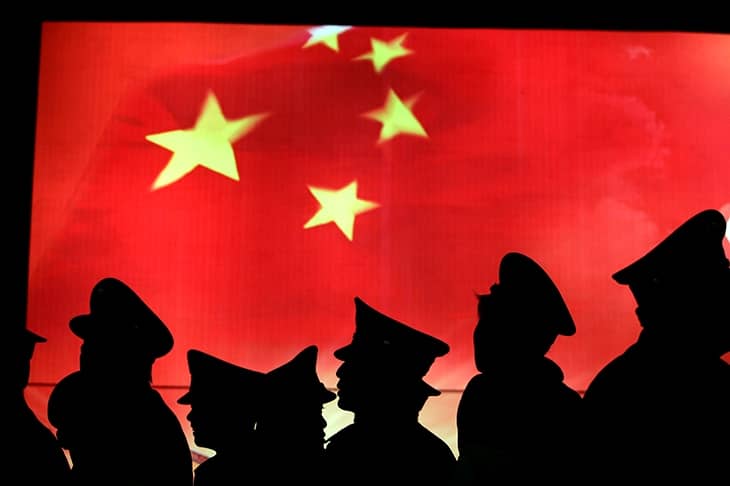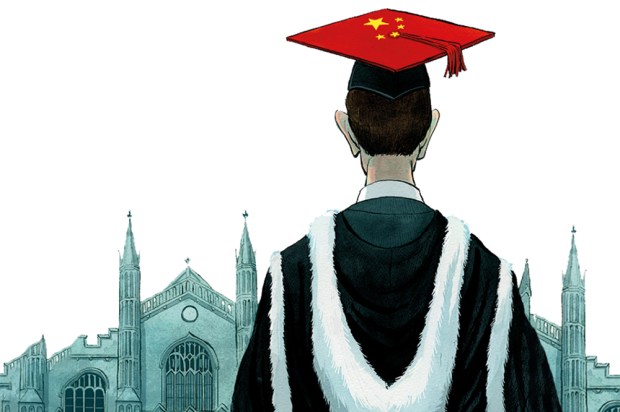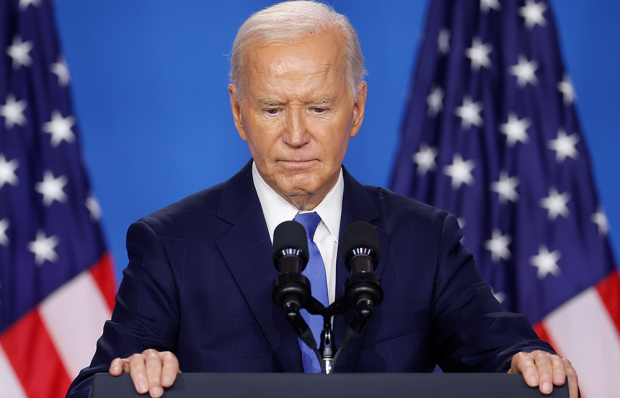In a lecture I recently gave to mark the approaching 40th anniversary of the Falklands War, one of the questions I asked was whether Argentina would have another go. I concluded it would not, because the military protection of the islands, neglected in 1982, was now strong. In passing, though, I did note that China now has a close relationship with Argentina, over arms trading, the hog industry, soybeans, help with the pandemic etc.
Already a subscriber? Log in
Subscribe for just $2 a week
Try a month of The Spectator Australia absolutely free and without commitment. Not only that but – if you choose to continue – you’ll pay just $2 a week for your first year.
- Unlimited access to spectator.com.au and app
- The weekly edition on the Spectator Australia app
- Spectator podcasts and newsletters
- Full access to spectator.co.uk
Or
Unlock this article
You might disagree with half of it, but you’ll enjoy reading all of it. Try your first month for free, then just $2 a week for the remainder of your first year.














Comments
Don't miss out
Join the conversation with other Spectator Australia readers. Subscribe to leave a comment.
SUBSCRIBEAlready a subscriber? Log in